MCC Hosts Border Tour
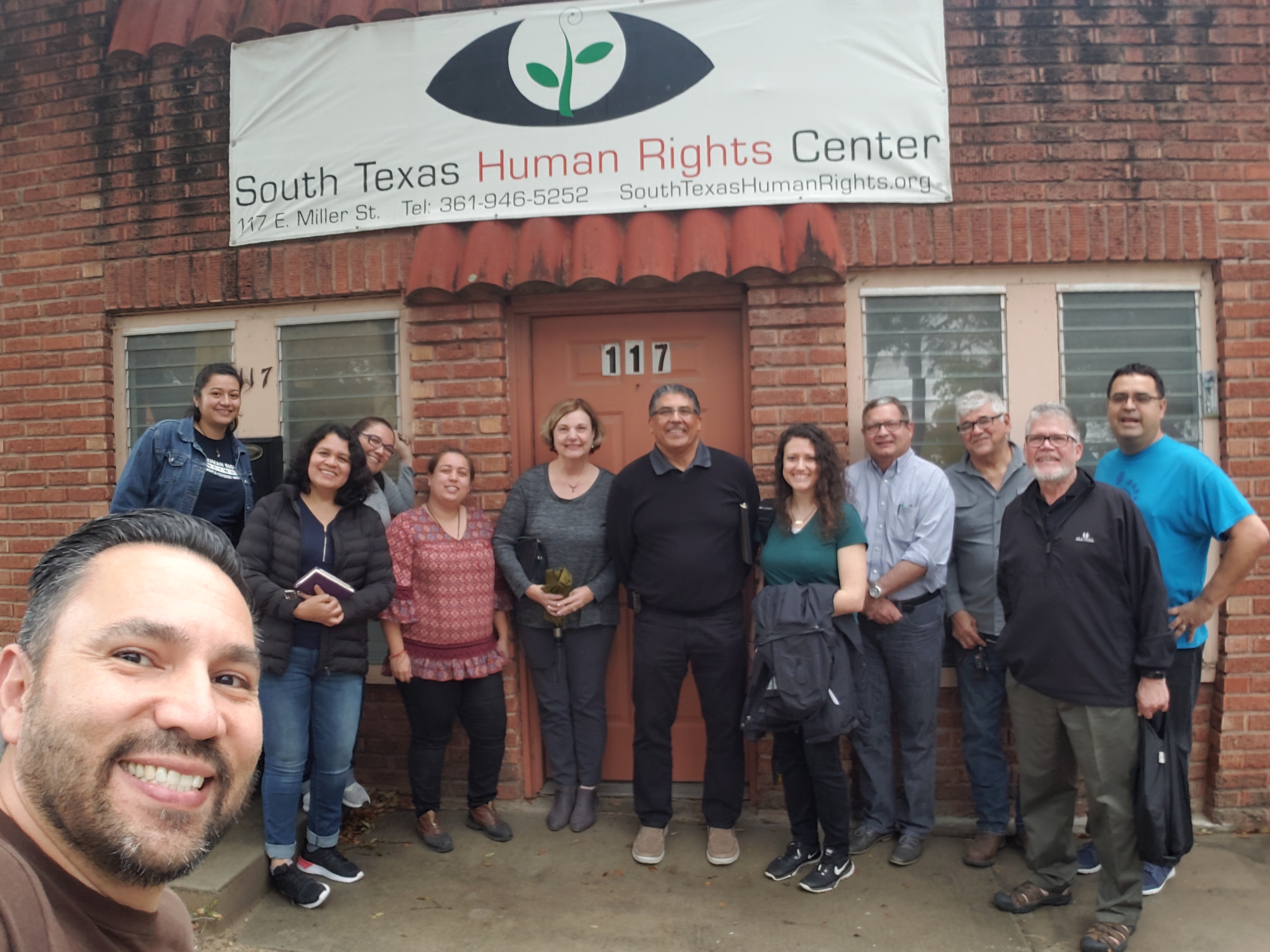
This human rights center provides 160 water stations for migrants.
MCC hosted a southern border learning tour this past week for a few MCC staff and some Mennonite Brethren participants. MB’s attending were Janae Rempel, Jill Schellenberg, Joaquin Gutierrez, Maricela Chavez, Aaron Hernandez and myself, Don Morris. The tour covered six days and ended with worship at Grace Point @ La Grulla, Texas, where Aaron Hernandez is pastor.
On the tour we were exposed to many different aspects of immigration, including those people seeking asylum through ports of entry and those crossing the Rio Grande illegally. We visited a Respite Center in McAllen, Texas, provided by Catholic Charities where 350 people are processed through this single facility each day, and sometimes more than that. 130,000 people are go through this center annually. Almost all of the people coming through this facility involve at least one parent with at least one child, usually from Central American countries fleeing violence and poverty in their home country. Typically, within two days the adults and children will be transferred to another location in the U.S., one where they have a relative or sponsor who is willing to allow them to live with them while they undergo legal proceedings for asylum. These legal proceedings can take two to three years to be finalized, when a judge ultimately makes a decision about residency at a hearing. Around 1% of the 130,000 will remain in the country after these legal proceedings are finished. The others are deported back to their country of origin. We found that as people are going through the Respite Center they are fed well, given showers and medical treatment, nice clothes and have a safe place to wait until they are transported.
We also visited the La Posada Providencia shelter, which is run by three 80+ year-old nuns. This shelter is for longer term, sometimes up to a year or longer, providing a safe place and rooms for up to 50 people at a time. Over the past 30 years, they have hosted around 10,000 people. Often there are families involved from various countries. The shelter is dependent upon donations for its existence. Residents of this shelter sometimes find work either at the shelter or in nearby San Benito. Sister Zita, the 85-year-old nun who directs the shelter, says the families La Posada receives are like her own family and they give her hope.
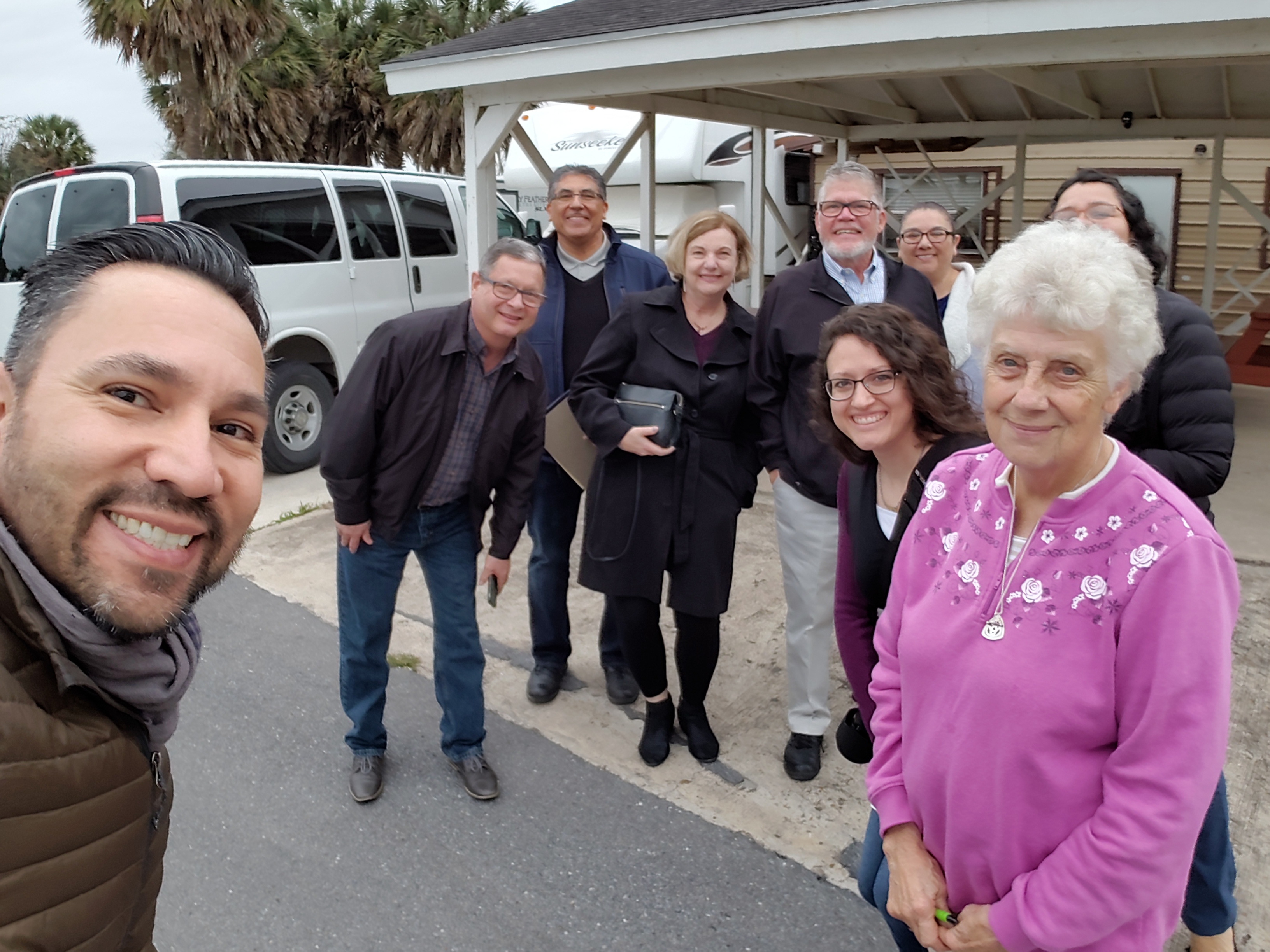
Sister Zita at the La Posada Providencia shelter
Another interesting aspect of the immigration process is the Guatemalan consulate, which we visited. Their work is to engage Guatemalans who have crossed the border and are being held in either a respite center or with border patrol. The consulate provides information for refugee or asylum seekers so that they will understand what is happening and what to expect in the future. 50,000 Guatemalans come through the McAllen area every year. The consulate also processes those who have perished during their trek to America and provides repatriation of the remains back to family in Guatemala. It was evident as we visited with Guatemalan authorities that they care a great deal for their fellow citizens and work hard to provide safety and information for them while they are being processed.
We visited the wall—portions that have been previously built. This was an emotional experience as border patrol was in sight at one location. The wall is often a few miles north of the actual U.S.-Mexico border and this causes unique challenges for those farming the acres in between the wall and the river. The walls are formidable and are garnished with razor wire in some places. We were informed that if a wall is constructed near La Grulla, where we have an MB church, the wall will be north of the church and a nearby middle school, effectively cutting them off and presenting a barrier even though they are in the U.S.
We spoke at length with the South Texas Human Rights Center in Falfurrias, Texas, that works for the benefit of immigrants to reduce death and suffering. They not only advocate for immigrants but provide 160 water stations in nearby rough areas where people often cross. These water stations are quite sophisticated with solar/computer panels that send information back to their offices, providing information about how much water has been used by migrants. Ranchers in the area allow this organization to place water stations on their land. Hundreds of migrants have perished while seeking refuge over the past several years due to the harsh conditions. The water stations help alleviate some of these deaths and distress. It’s a cup of cool water for those who are thirsty.
We witnessed court proceedings where 14 refuge-seeking people who had crossed the border illegally were brought before a judge. Most of these people had been apprehended by border patrol just one or two days prior to their appearance. They were provided an attorney who worked to reduce their jail time. For repeat offenders (crossing the border illegally) jail time was five to ten days. For first offenders, they were immediately repatriated back across the Mexican border. One woman had crossed two times in the past five days because her husband and children were in the U.S. and she just wanted to be with them. As she was being led away to spend her five days in jail, her husband watched from the gallery as she sobbed.
All of these experiences led me to a better understanding that those seeking refuge in the U.S., whether through a port of entry as an asylum seeker or illegally across the river, are people with stories. They are people seeking a better way of life. They are often parents seeking a way to provide for their families. Some have fled gang danger, especially those from Guatemala, Honduras and El Salvador. Some have fled persecution. Some are simply hungry. As followers of Jesus, how should we respond to them? How would Jesus respond to their situation?
This tour has had an impact on me, and I realized that we do need immigration reform. We need to find a better way of dealing with those who desire safety and a better life. It seems obvious to me that most of those coming across the border do not want to stay in the U.S. for long periods of time. They want to come to work, earn some money for their families, and then return to their country of origin. Many crossing the border illegally pay a “coyote,” a person who assists them in crossing, up to $15,000 in fees. Instead of people paying these law-breaking and advantage-taking people, why not instead allow them to place a $5,000 bond at the border (one third the cost of paying a coyote)? Provide them with a work permit; provide them with an identification number so that they pay taxes on their earnings while in the U.S. (but not a social security number); and then return their bond back to them when they return to their country? The money paid in bonds could be placed in a fund with the interest accrued used to pay for the program. The total number of immigrants into the U.S. would likely remain at a static number with people coming and going. That would also greatly reduce the number of people trying to get across illegally and would provide workers needed for U.S. industries, including seasonal agricultural needs. This seems like a no-brainer to me.
If we build a wall, in my opinion it should be for reducing illegal drug smuggling and human trafficking, and that may be a good reason for doing so. Internationally, walls of this sort reduce illegal entries by 90% or better. Walls are not perfect, but they do provide a deterrent. I am not in favor of building a wall to keep people out who want to come to the U.S. simply to earn money to take care of their families. Let them come through legal ports of entry and with their dignity intact.
Regardless of what we think about the wall or our political persuasions, we should all be humanitarian in our approach to those seeking a better way of life. We can make this something that is an advantage for them and an advantage for those of us who are U.S. citizens. The fact that our representatives in Washington use this problem for partisan infighting is ridiculous. There are solutions to be found if they would work together.
Let’s all approach this national concern as followers of Jesus, who care about the poor and downtrodden and seek to provide a cup of cool water – or more!
Don Morris,
USMB National Director
- CATEGORY Snapshot
- TAGS


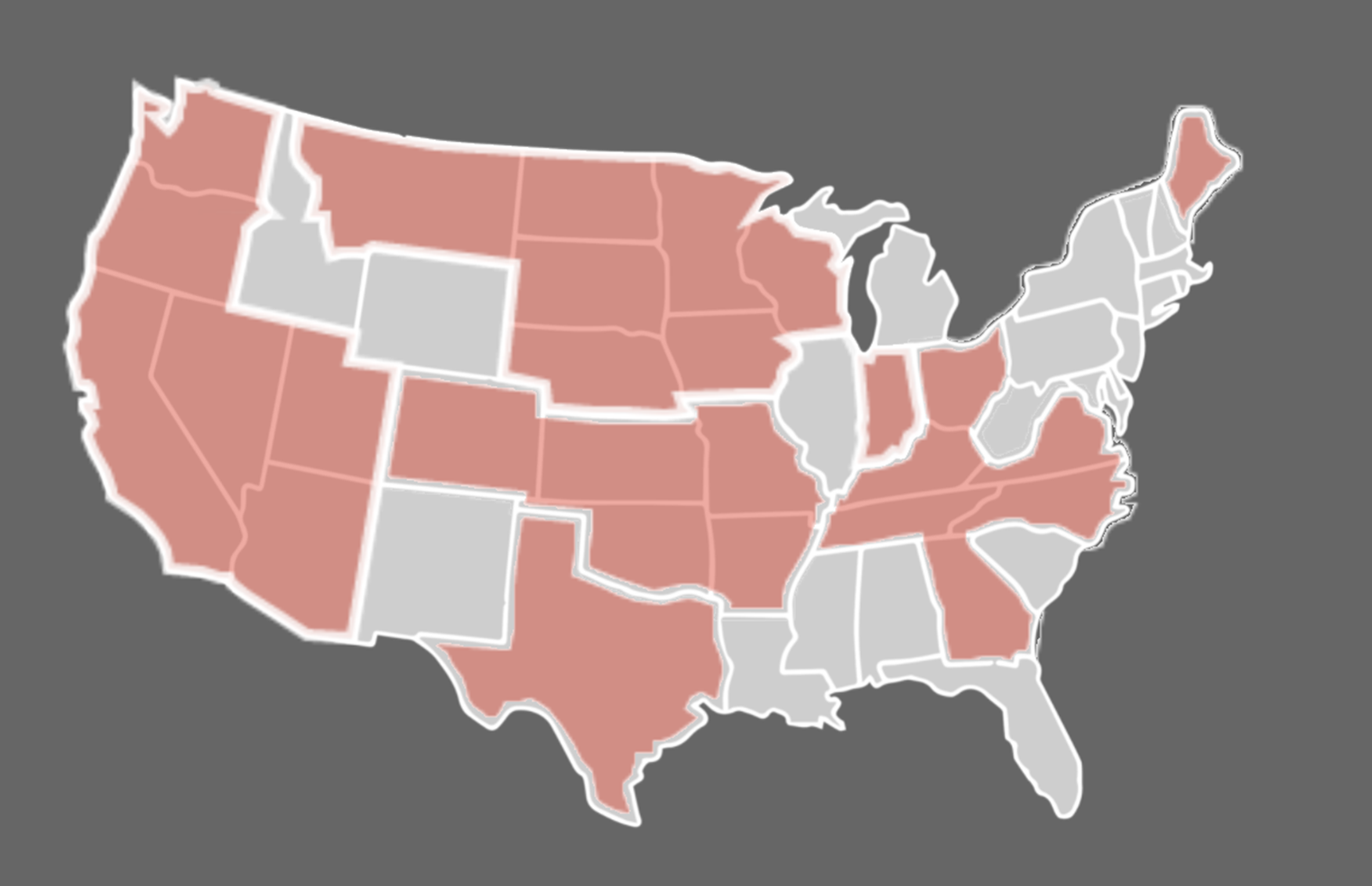
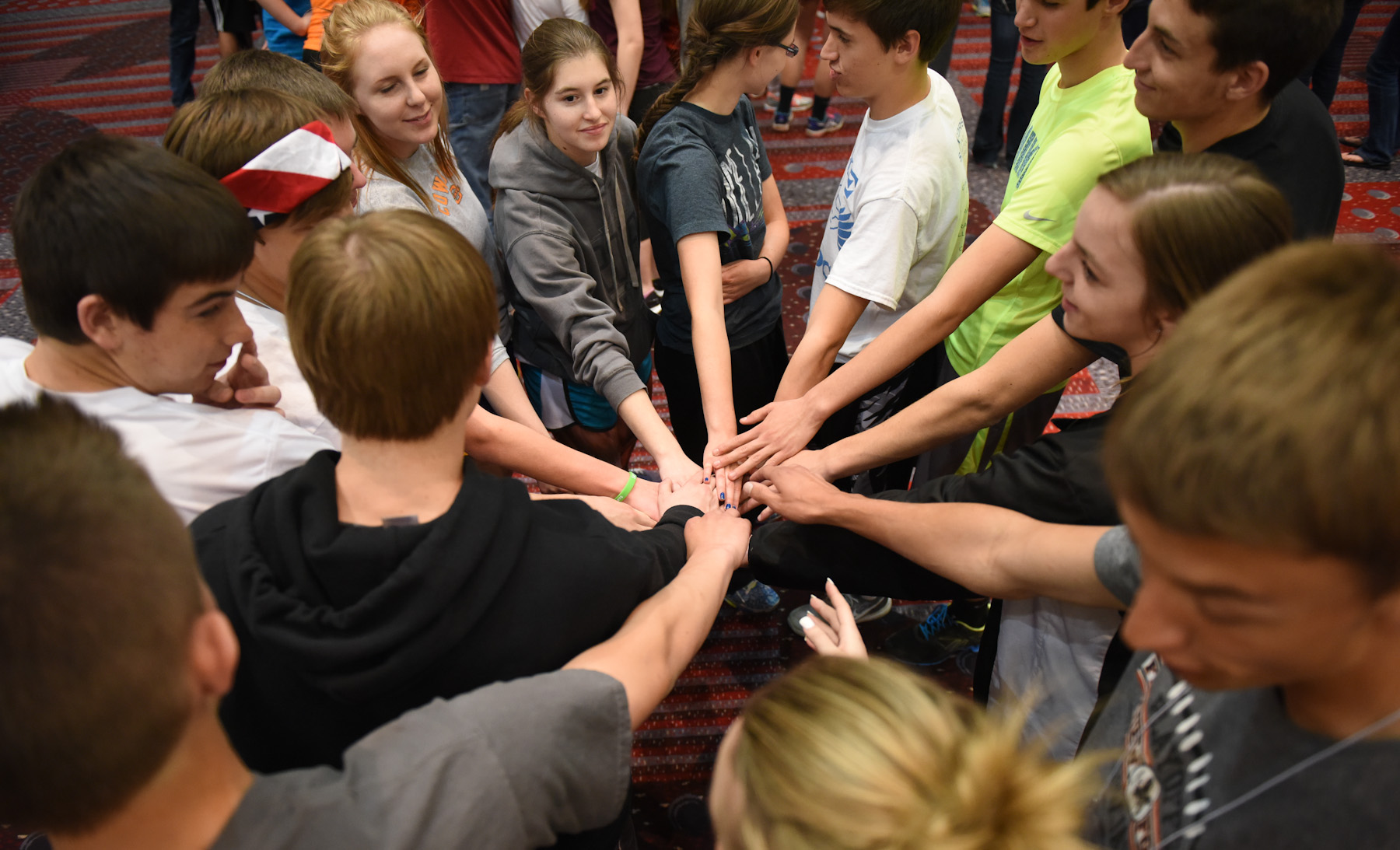


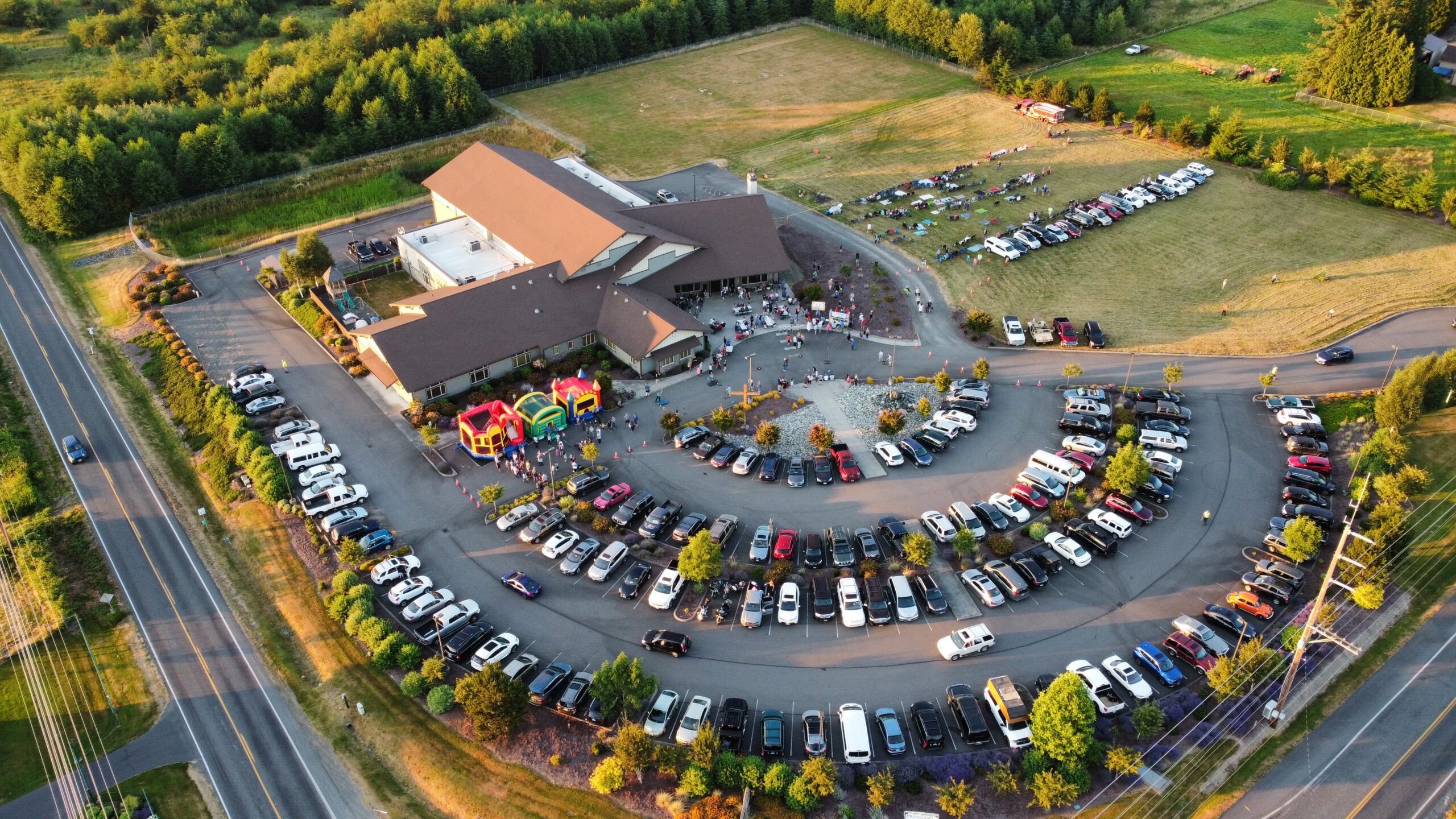
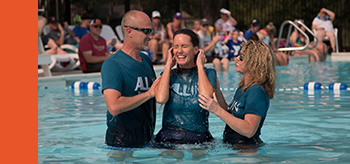
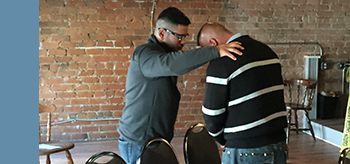

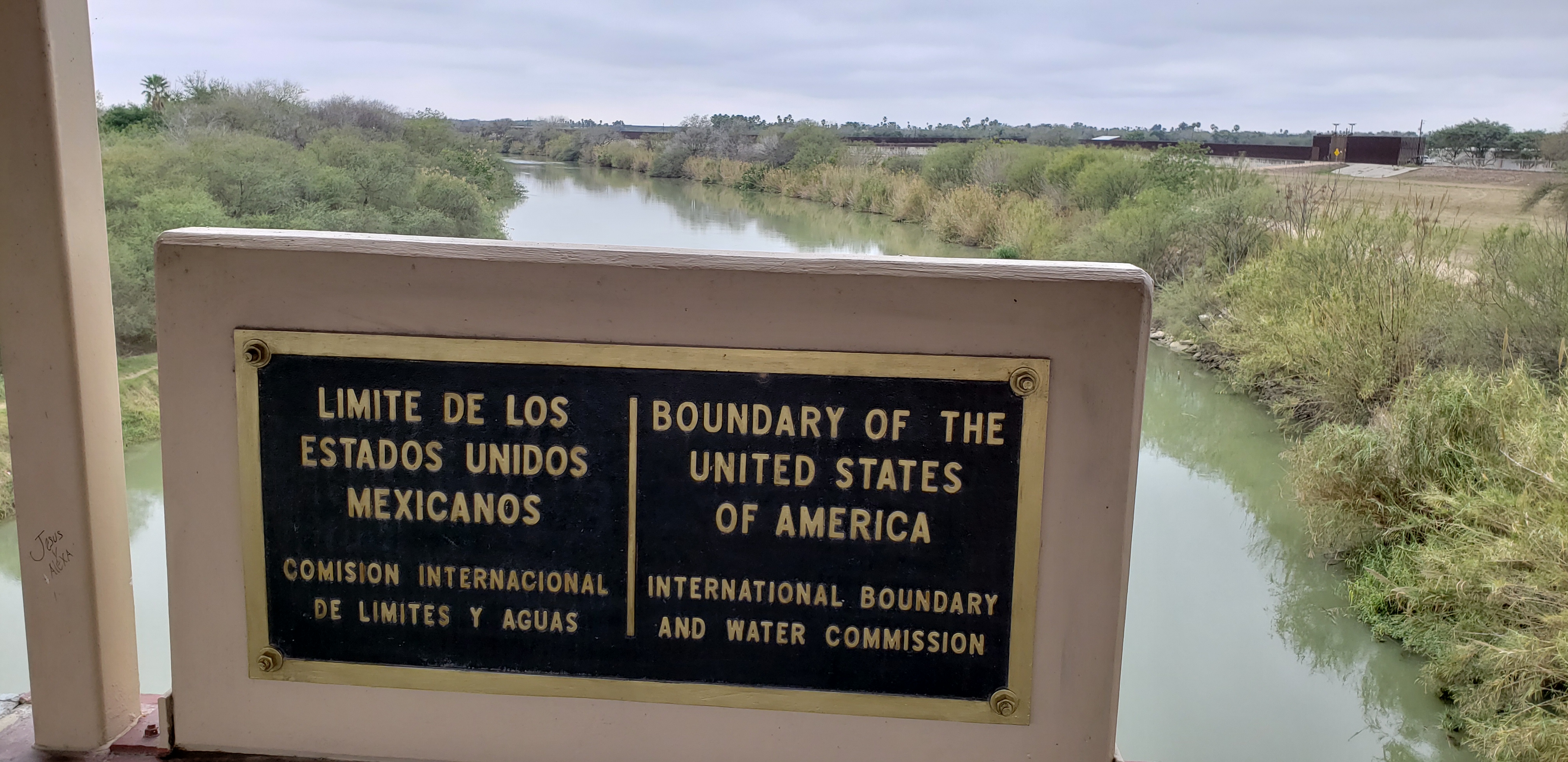
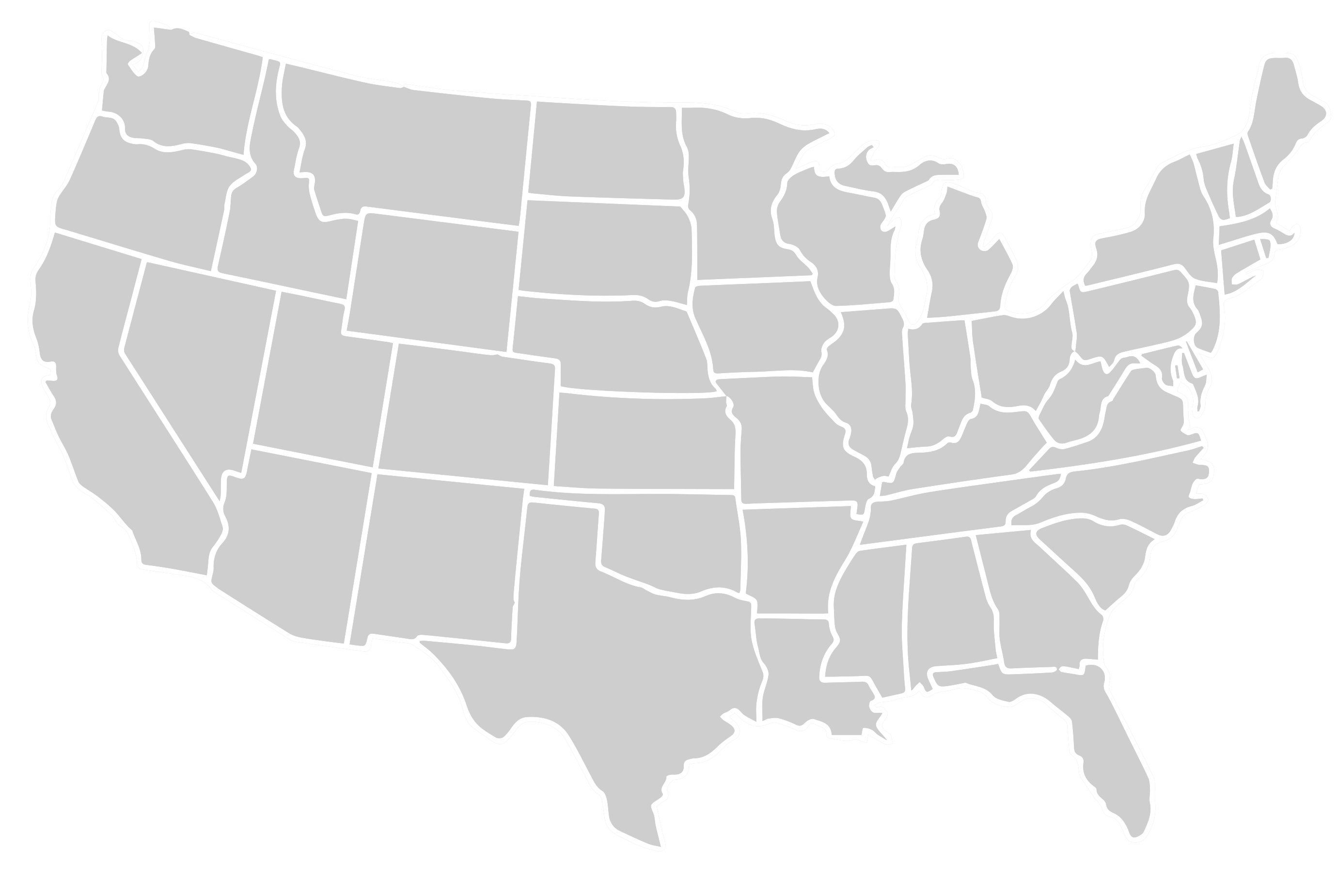
Thank you, Don for your helpful report. i agree with your conclusions and suggestions. This is very helpful